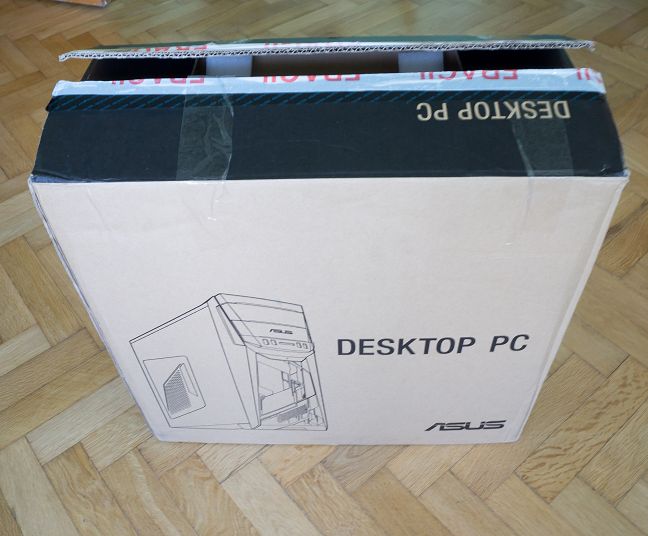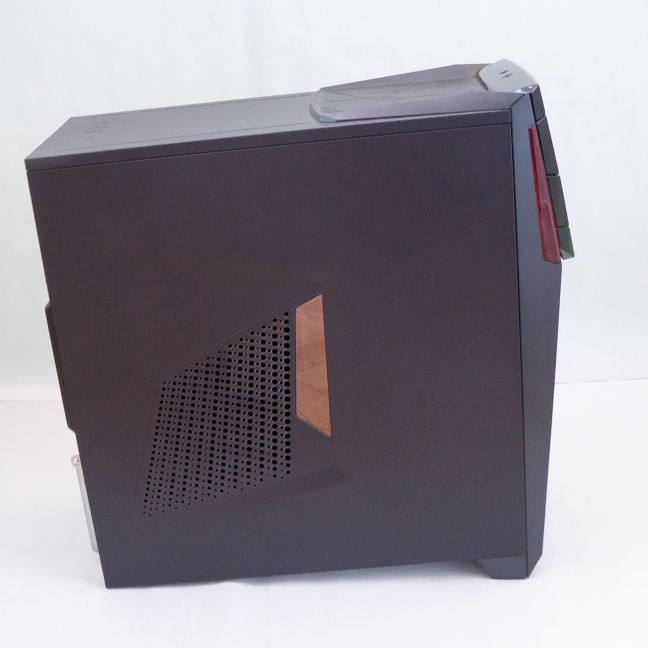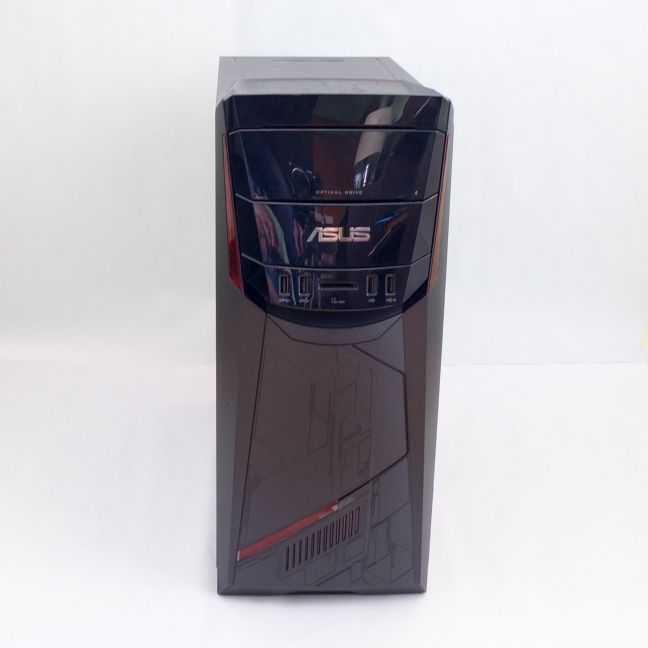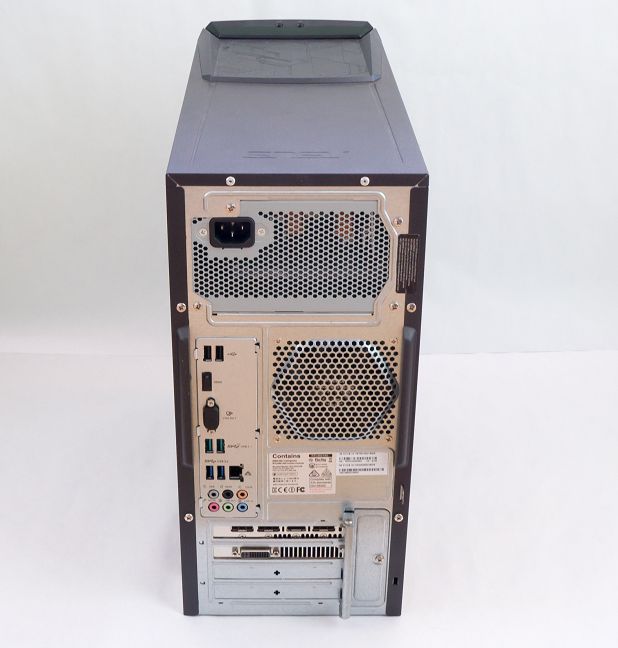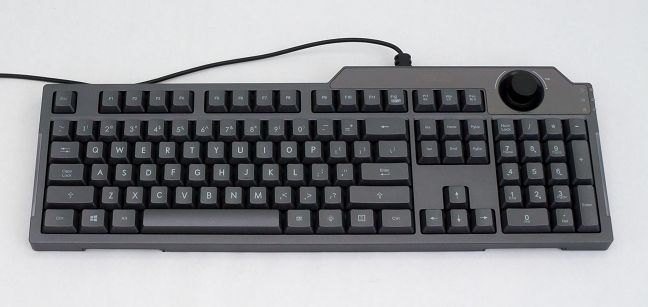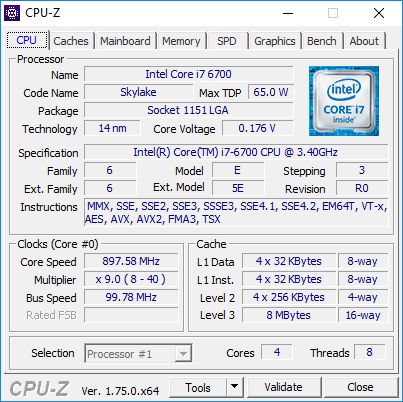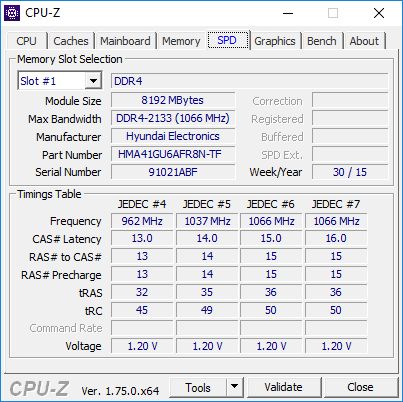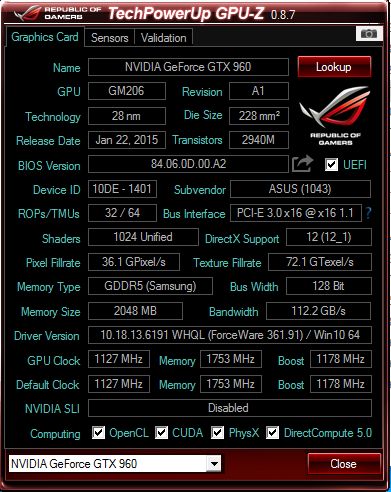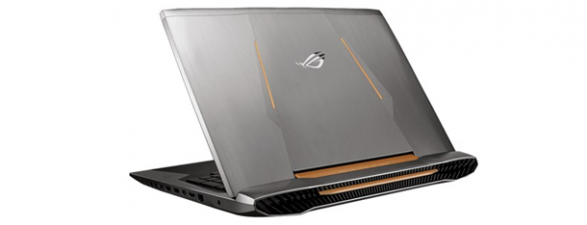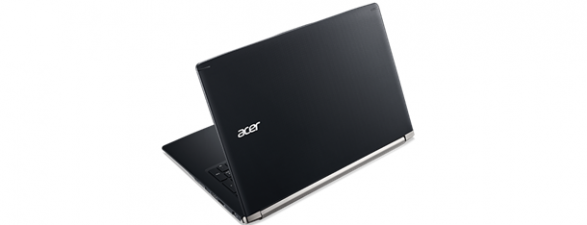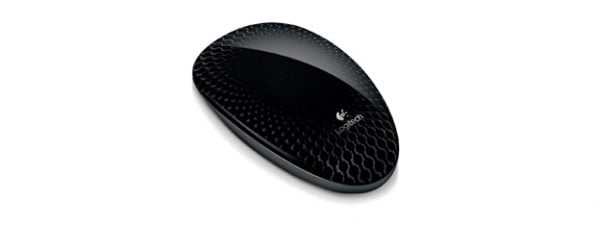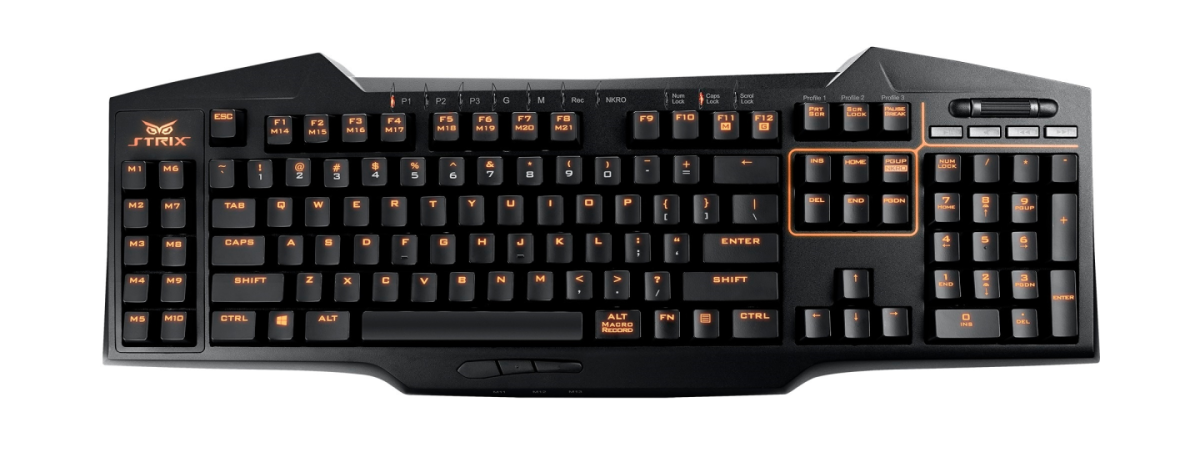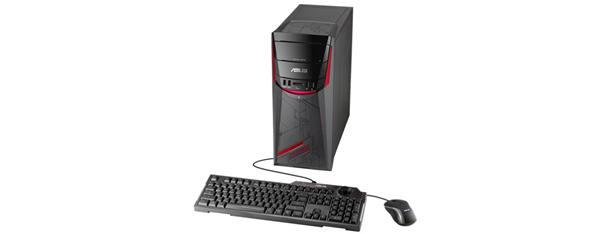
Desktop PC sales have been constantly decreasing in the last few years, with worldwide shipments falling by more than 10% in 2015. While the market share of mobile PCs is rapidly increasing, there is still one field where desktop PCs continue to thrive, and that's gaming. Due to cooling, size and weight limitations, laptops cannot compete with the raw performance of desktop PCs, at least not without making a sizeable hole in your wallets. Many gaming PC enthusiasts will prefer custom-built PCs, but going for a brand desktop PC has its advantages: no compatibility issues, good build quality and reliable components. Today we are going to take a look at a gaming PC from ASUS, namely the G11CB. Announced at the Computex exhibition in 20115, the desktop unit sports 6th generation Intel Core i5/i7 processors, DDR4 memory and NVIDIA GeForce 9 graphics on an attractive chassis with variable lighting. Let's see how it performs, in this review:
Unboxing the ASUS G11CB Gaming PC
As opposed to laptops, a heavy PC package is actually a good sign: it most likely means the case and the power source are well built and with good components. The simple, brown box of the ASUS G11CB Gaming PC weighs more than 24 lbs (11 kg) and looks rather underwhelming, considering the quality of the contents.
Inside you will find the unit, a backlit keyboard and an optical mouse (not pictured, since the reviewed unit came without the mouse). There is also a power cable and the usual manuals and apps DVD.
The unit is heavy and very solid, weighing a hefty 21.5 pounds (9.78 kg). The dimensions of the unit are 6.92 x 17.32 x 16.61 inches or 176 x 440 x 422 mm (WxDxH). For users who need a more compact unit, ASUS has a line of compact gaming PCs under their famous Republic of Gamers brand, called ROG G20. Be advised though, the price of the G20 is a bit higher.
On the front of the unit you will find no less than four USB ports, a 6-in-1 Card Reader (for MMC, XD, SD, SDHC, MS/PRO cards) and the backlit power button. The Blu-ray/DVD Writer Combo is neatly hidden beneath the front cover and can be accessed by pressing the corner of the top tray cover. On top of the unit you will find two jacks - one for a microphone and one for headphones.
Looking on the back of the unit, we find two USB 2.0 ports, two USB 3.0 ports, two USB 3.1 ports, one HDMI-Out, one VGA(D-Sub)-Out, a RJ45 LAN port as well as a 7.1 Channel Audio panel. The video card has one DVI port, one HDMI port, and three DisplayPorts. This means you can have triple-monitor-surround gaming with only one video card.
The backlit chiclet keyboard is of good quality and has a very useful volume knob. The blue backlight can be switched on and off but can't be dimmed. ASUS made sure that users have everything they need to run the system with no additional tweaking.
The unit is big, just like any other standard desktop tower PC; it's also heavy and solid. The design of the case is nice and the addition of a keyboard and mouse gives that extra bit of perceived value.
Hardware specifications of the ASUS G11CB Gaming PC
The unit we are testing is powered by a sixth generation Intel Core i7-6700 processor (with a frequency of up to 3400 MHz). It lacks the K letter at the end of the name, which means it can't be overclocked, but we doubt that in this configuration, the CPU will be a limiting factor. For gaming purposes, an Intel Core i5 would be sufficient, but if you also need the PC for design and rendering, the i7 is the better choice.
The PC has 8GB of DDR4 memory (latest technology, faster and with lower consumption than the DDR3 standard) made by Hynix. 8GB is the absolute minimum for a gaming PC and we recommend getting an additional 8 GB for the more RAM intensive games out there. The custom motherboard is built around an Intel H170 chipset and has one PCI Express x1, one PCI Express x16 and one mini-PCI Express expansion slot.
The system uses an NVIDIA GeForce GTX960 graphics card with 2GB of GDDR5 memory. While there are more powerful variants available (up to a GTX980 with 4GB of memory), the GTX960 is significantly cheaper and handles most titles in the 1920x1080 resolution quite well. Here we see what we think is a questionable choice of hardware: for the same price, a dedicated gamer would go for a more powerful graphics card and a slower CPU, since the bottleneck for modern games is most often the graphics card. With an Intel Core i7 and an NVIDIA GeForce GTX960, the computer will handle multitasking quite well, but the gaming will suffer on Ultra Quality settings and high resolutions.
As far as storage goes, the unit we are testing has the perfect combination: one Samsung M.2 SSD drive with 256 GB of storage for quick boot times and fast application startup, one Toshiba SATA3 hard-drive with 1000 GB of storage for all those movies, pictures and games and a DVD-writer/Blu-ray reader combo drive, if you want to watch a Blu-Ray movie or if you need to write some of your data to a DVD.
No discrete sound card is present, but with the decent performance of the ALC887 codec, a discrete sound card would just increase the price of the unit with little gains.
The LAN network adapter is a RealTek RTL8168/8111 and interestingly, the ASUS G11CB Gaming PC also has a RTL8821AE Wireless LAN 802.11ac adapter, which means you won't need to use a long network cable if your PC is far from the router. In addition, the adapter contains a Bluetooth module which could be useful for connecting wirelessly to mice, headphones or speakers. The less cable clutter, the better.
A 6-in-1 card reader is integrated in the front of the unit and provides another connectivity option for the user. Another noteworthy feature is the presence of two USB 3.1 ports in the back of the PC. The new USB 3.1 standard raises the theoretical maximum transfer rate for USB devices to 10 Gbps. To give you an idea of what that means, the contents a fully-loaded 50 gigabyte Blu-Ray disc could be transferred over USB 3.1 in under a minute!
There are other variants available for the ASUS G11CB Gaming PC, from Intel Core i5 processors, up to 32 GB of memory, to a whole range of video cards and storage options. Check out the full list of options on the official ASUS G11CB Gaming PC page.
We definitely look forward to testing the Samsung SSD in combination with the Intel Core i7 processor, they should make the computer feel very snappy and responsive. You can see the results of our testing on the next page of this review.


 17.03.2016
17.03.2016 